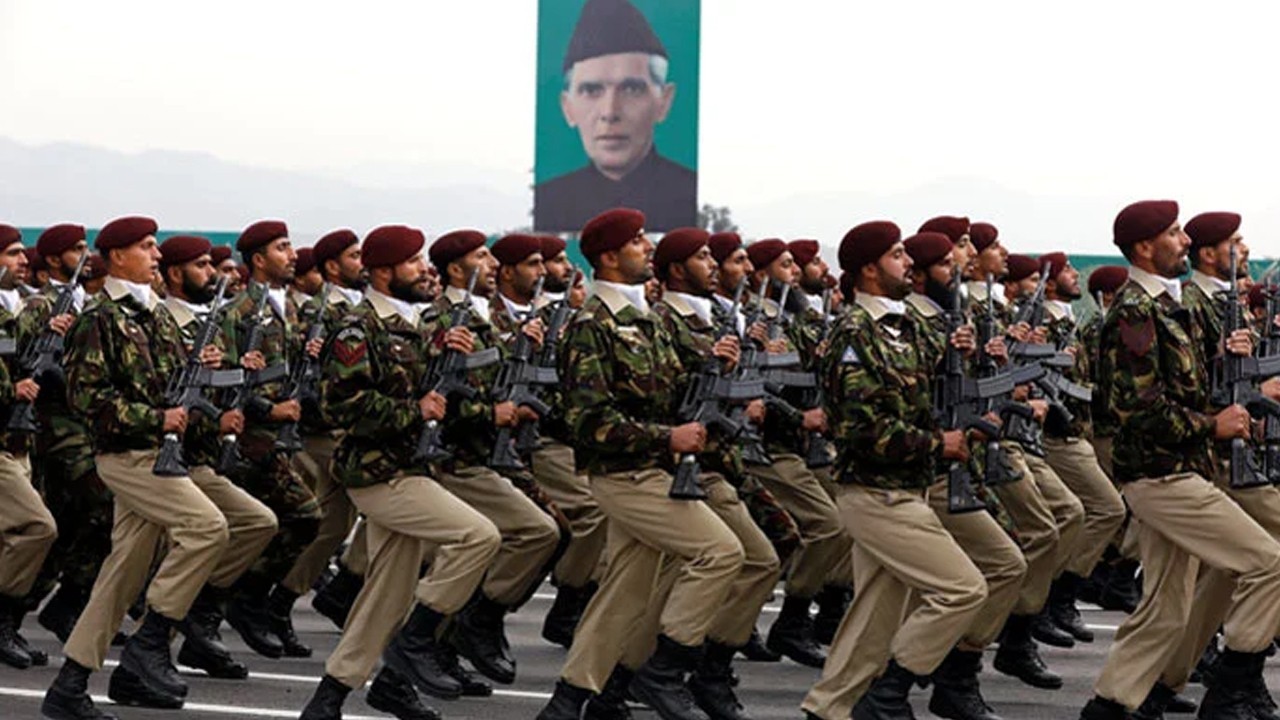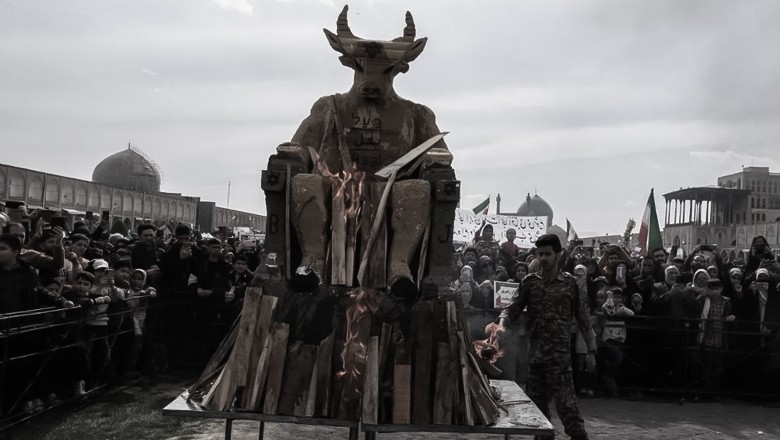Amendment proposed in Article 243 to designate army chief as Chief of Defence Forces

Web Desk
|
8 Nov 2025
As the 27th Constitutional Amendment continues to stir political debate within power circles, the government has tabled the law in the Senate, introducing significant judicial and administrative reforms.
Under the proposed amendment, the post of Chief of Defence Forces has been added, while the office of the Chairman Joint Chiefs of Staff Committee (CJCSC) is set to be abolished.
The article specifically outlines the powers of the president and the prime minister regarding their control and command over the armed forces. It also states that the president will appoint the heads of the army, navy, and air force on the recommendation of the prime minister.
Additionally, five-star rank officers will be granted constitutional protection for life.
The new designation of Chief of Defence Forces further strengthens the authority of the army chief. Alongside this, a new position titled Commander of National Strategic Command will also be established.
The federal cabinet approved the 27th Constitutional Amendment in a meeting chaired virtually by Prime Minister Shehbaz Sharif from Baku. Law Minister Azam Nazir Tarar briefed the members, and the draft was approved clause by clause.
The meeting did not include the contentious issue of removing provinces’ share under the National Finance Commission (NFC). The amendment will now be presented in the Senate for further debate.
Meanwhile, the proposed amendment faces a legal challenge in the Supreme Court. Barrister Ali Tahir filed a petition naming the Federation, the Senate Chairman, and the National Assembly Speaker as parties.
The petition argued that the amendment could alter the Constitution, threaten judicial independence, violate the separation of powers, and infringe on citizens’ right to access justice guaranteed under the 1973 Constitution.
The 27th Amendment focuses on three major areas: judiciary, provincial federal powers, and key institutions. It proposes the creation of federal constitutional courts in provinces and the restoration of executive magistrates.
It also allows judges to be transferred without their consent, a point critics say could weaken judicial autonomy and increase government influence over the judiciary. The amendment may also reduce provincial shares under the NFC that was increased under the 18th Amendment.
Another key aspect concerns Article 243, which governs control of the armed forces. Currently, the Prime Minister commands the military, while the President holds the “supreme command.”
The recent 26th Amendment increased the army chief’s tenure to five years, creating some uncertainty about the current chief’s term. The President’s “supreme command” role may remain unchanged, but the amendment could clarify top level powers and appointments.
The PPP’s support is essential for the amendment to pass. Coalition partners include PML-N, MQM, BAP, and independents, while opposition parties, including PTI, have strongly opposed the amendment.
For final approval, the amendment requires a two-thirds majority, which includes 64 votes in the Senate and 224 in the National Assembly.












Comments
0 comment